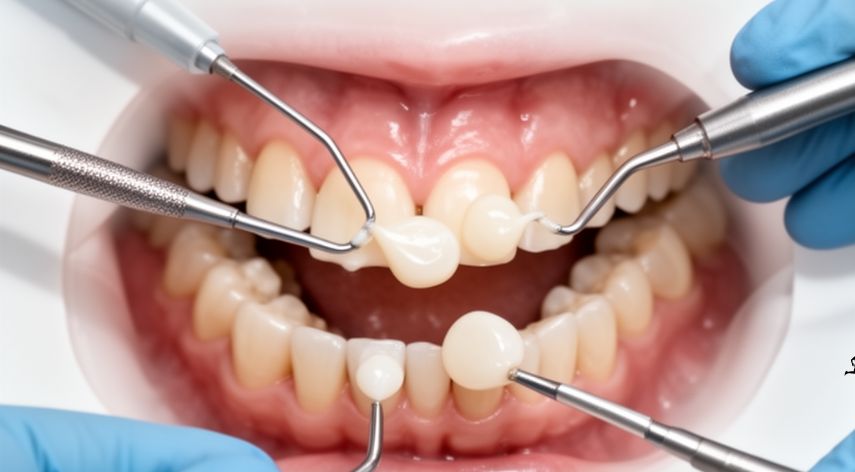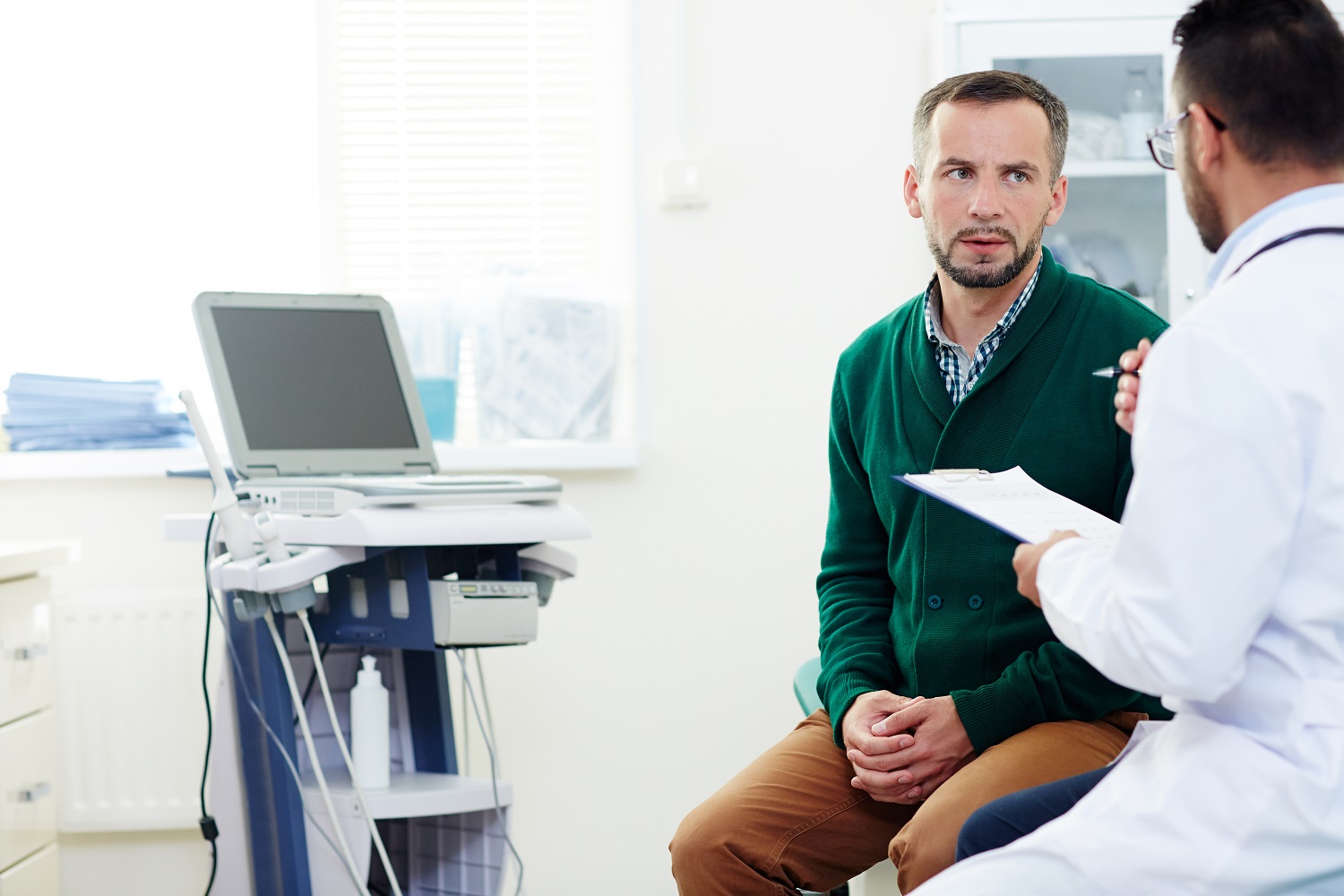Sadness vs. Depression: How Can You Tell the Difference?

If you are experiencing feelings of sadness or despair for a period of time that seems to drag on, you may be confused about whether or not you have depression.
While sadness and depression both involve mood changes, depression can take over your life, relationship, job, and your overall well-being. How can you tell the difference between sadness vs depression?
It is two different mood disorders, and it can both cause vicious cycles if too much stress is put on your body and mind. For the depressed, any stressful situation is interpreted as threatening, whereas for the sad, it leads to crying and feeling empty.
Want to know more? Then read on!
Sadness
Feelings of sadness are a normal emotion that everyone experiences and are an important part of our emotional landscape. But here’s how it differs from depression:
Symptoms
Sadness is one of the most common symptoms of depression and is often accompanied by a feeling of hopelessness or helplessness. Symptoms of sadness may include:
- Feeling tearful or crying frequently
- Loss of energy
- Difficulty sleeping
- Feelings of guilt or worthlessness
- Difficulty concentrating
- Decreased interest in activities
- Withdrawal from friends and family
Additional physical symptoms may include:
- Headaches
- Chest pain
- Fatigue
- Changes in appetite
- Digestive problems
Although it may feel overwhelming, it is important to recognize when these symptoms are present and to be proactive in seeking professional help. Understanding and managing sadness can help reduce the symptoms and improve the overall quality of life.
Causes
Sadness is caused by a variety of factors, both internal and external. The most common internal cause is a feeling of loneliness or abandonment due to a lack of meaningful relationships or a sense of community. Loss, trauma, rejection, or failure to reach expectations can also be internal causes.
External factors such as major life changes, environmental stressors, or financial hardships can lead to sadness. Others may include a lack of support or understanding from others, pressure to conform to certain standards or intense life demands.
It can also be caused by physical ailments, medications, and even simple shifts in hormones.
When to Seek Professional Help
Sadness is a natural emotion that can lead to a more serious mental health issue, such as depression. It can manifest in different ways and is felt by everyone at some point in their lives.
When sadness becomes more severe and begins to interfere with day-to-day life and relationships, it may be time to seek professional help. Seeing a qualified medical professional can provide support and insight during a difficult time.
A psychiatrist, therapist, or psychologist can help develop coping strategies and techniques to handle difficult emotions and experiences. Additionally, medication may also be necessary, depending on the individual.
Professional help is essential when a person’s mood goes beyond regular, passing sadness and begins to impact their overall lifestyle or their safety.
It’s important to take action when the depression does not go away and begins to interfere with regular activities. If a person is unable to cope, it is important to seek medical help as soon as possible.
Depression
Depression and sadness are two distinct mental health issues. Though they might initially appear to be the same, they are completely different.
Symptoms
Depression is often defined by a variety of symptom clusters that can vary in severity. These symptoms can include:
- Feeling low in mood
- Having decreased energy and motivation
- Having difficulty sleeping or sleeping excessively
- Poor concentration and attention
- Changes in appetite
- Loss of interest in hobbies
- Self-criticism
- Self-image issues
- Negative thoughts about the future
- Recurrent thoughts of death and suicide
Social withdrawal, isolation, and low self-esteem can also be a sign of depression, often resulting in the individual avoiding social contact.
Causes
Genetic influences are one of the major causes, as it is thought that those with a family history of depression are more likely to also suffer from it. Some other causes include:
- Prolonged stress
- Traumatic events or loss
- Life changes
- Substance abuse
- Certain medications
Other physical issues, such as inadequate amounts of vitamin D, food allergies, and a lack of exercise, may also contribute to an increased risk of depression.
Also, an imbalance of hormones, such as serotonin and dopamine, can trigger depression or affect its severity. It is important to note that underlying medical conditions may also cause or worsen depression, so it is important to get a physical checkup.
When to Seek Professional Help
When experiencing sadness, grief, or anxiety, it is necessary to be aware of how long the feeling has been present and how it has been affecting your day-to-day life.
If the feeling has been ongoing for a while and it has a significant impact on you, such as causing a change in your behavior, lifestyle, and mood, it is important to seek professional help.
Seeking professional help when it is needed can be incredibly beneficial and can lead to a better quality of life. It is also important to understand that depression is a treatable condition with ketamine infusion for depression or any other therapy.
They can help to identify the underlying causes of depression and to develop a tailored approach to treatment that is most suitable for you.
Know the Difference Between Sadness vs Depression Today
When it comes to sadness vs depression, it may feel similar, but understanding the difference between them is critical to managing your emotional health. While sadness can be a normal reaction and pass in time, depression can become deeper and longer lasting.
If you or someone you care about is experiencing sadness or depression, take action – reach out for help and start to rebuild your emotional and mental well-being.
Did you find this article helpful? Visit more of our blogs!
Recommended For You
In the heart of the City of London, maintaining excellent oral health is essential for busy professionals and residents alike.
If you’re searching for “composite bonding near me” in London, it’s important to know what truly sets a clinic apart.
Cancer affecting the urinary tract and male reproductive organs requires specialized care. This is where uro-oncology plays a crucial role.
Browse by Category
- Travel
- Technology & Gadgets
- Sports & Games
- Software
- Shopping
- Reviews
- Real Estate
- Numerology
- News
- Make Money
- Lifestyle
- Law
- Home Improvement
- Health
- Gardening
- Games
- Finance
- Entertainment
- Education
- Digital Marketing
- Diet and Fitness
- Dating
- Construction
- Celebrity
- Career and Jobs
- Business
- blog
- Angel Number



